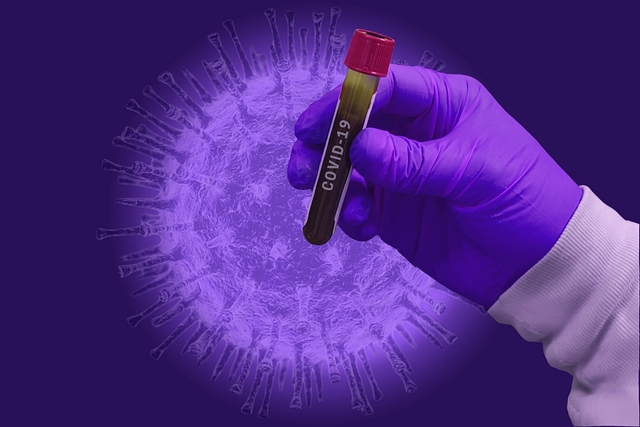
ICMR Serosurvey: Just 0.73 Per Cent Of Population Had Evidence Of Past Exposure To Coronavirus
Presenting the first part of serosurvey results, Prof (Dr.) Balram Bhargava, DG, ICMR, Delhi said “We found that about 0.73 per cent of the population in these 15 districts showed a prevalence of past exposure to infection. It means that lockdown measures were successful in keeping it low and preventing rapid spread”.
ICMR conducted the first serosurvey for Covid-19 in May 2020 in collaboration with state health departments, NCDC, and WHO.
The first part of the survey to estimate the fraction of population infected with COVID-19 is complete while the second part to estimate the fraction of population infected with COVID-19 in containment zones of hotspot cities - is ongoing.
The survey covered approximately 83 districts in the country and blood samples of 26,400 individuals were collected based on consent.
The selected districts comprise of regions from across the spectrum which reported zero to high number of cases.
“Part 1 of Serosurvey is complete and in this we have divided districts into four groups based on number of reported #COVID19 cases. There were 15 districts in each group and around 400 individuals were studied from each district”, said Professor Bhargava.
The serological (blood) test detects the presence of coronavirus antibodies in a person and indicates whether he or she had contracted the virus. It is especially helpful in understanding the spread among asymptomatic people.
The antibody tests were performed using a testing kit, "COVID Kavach Elisa" developed by the National Institute of Virology under the ICMR which the agency says has very high specificity and sensitivity.
The survey concludes that social-distancing, face masks and basic hygiene should be followed considering the fact that a large section of the population remains susceptible to a Covid-19 infection.
The states thus cannot lower their guard and should continue to strongly implement containment strategies and surveillance, says the survey.